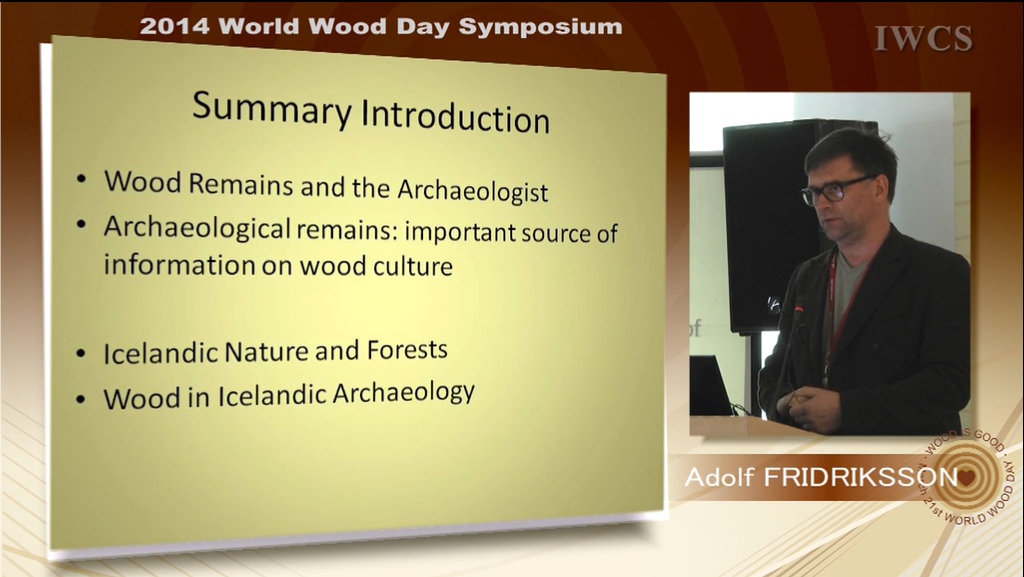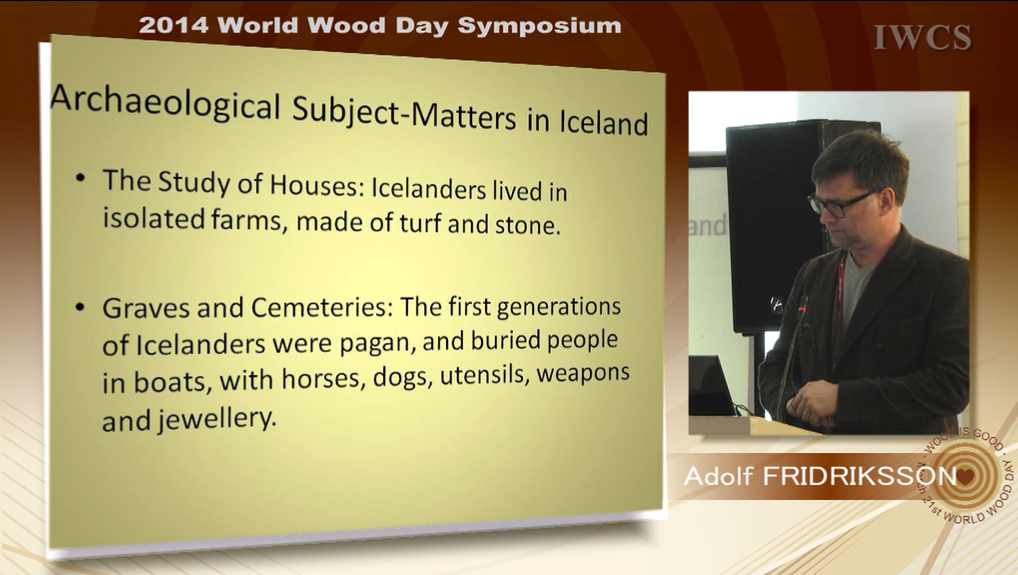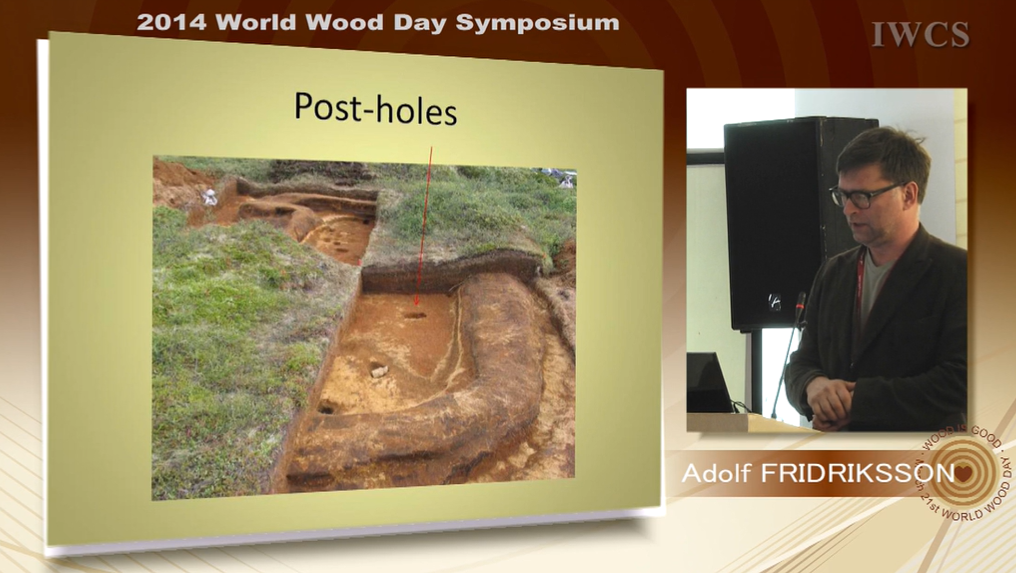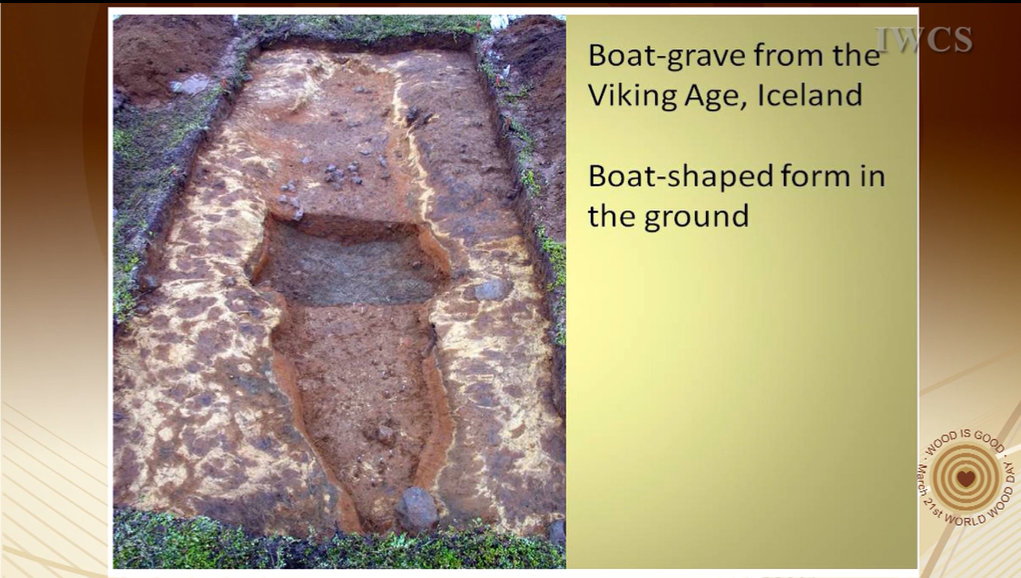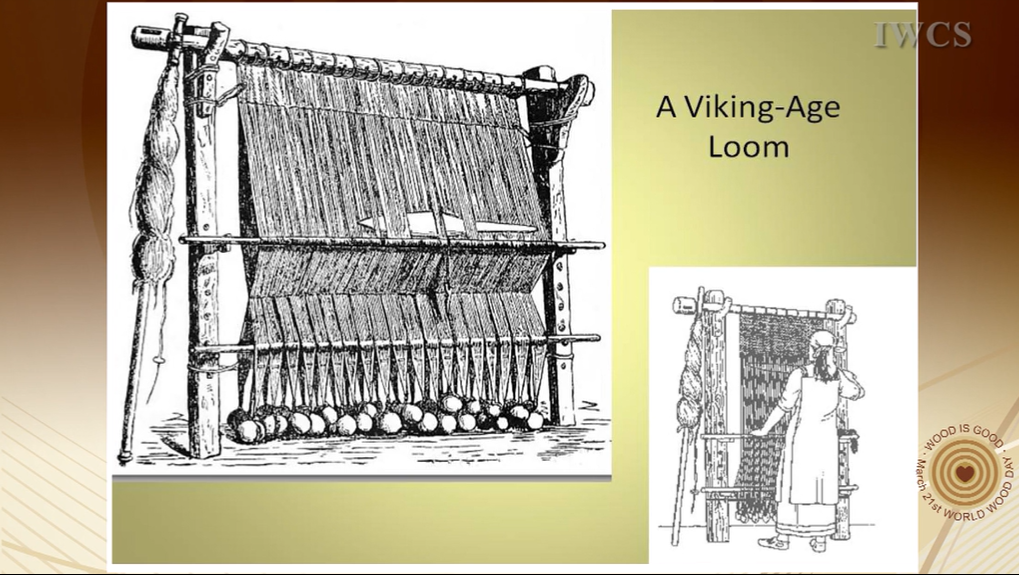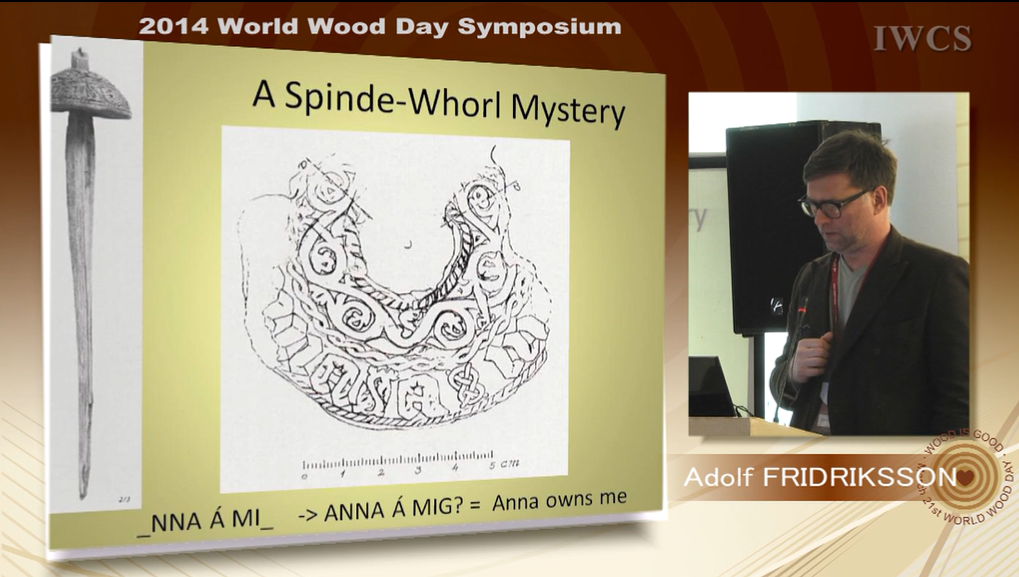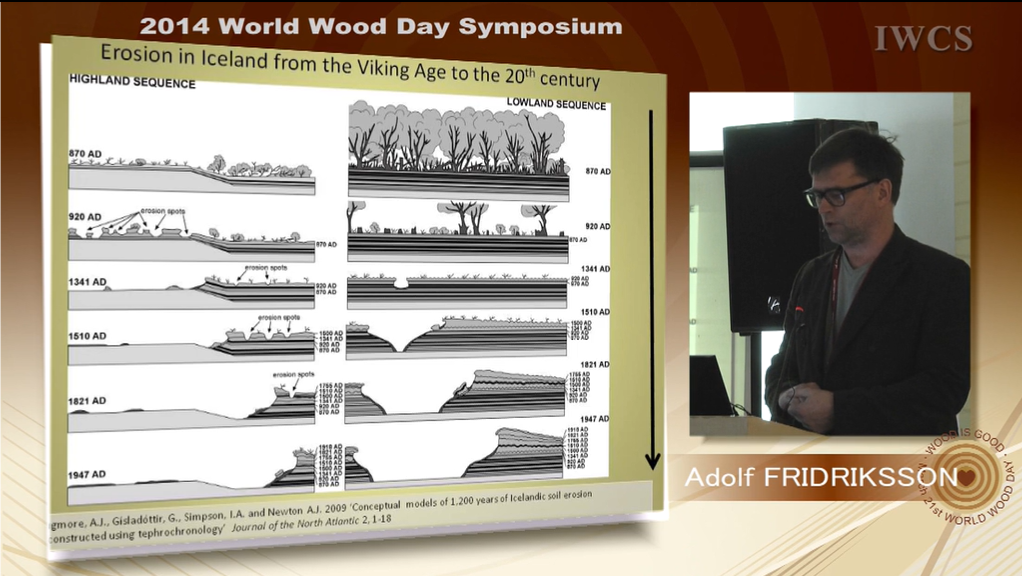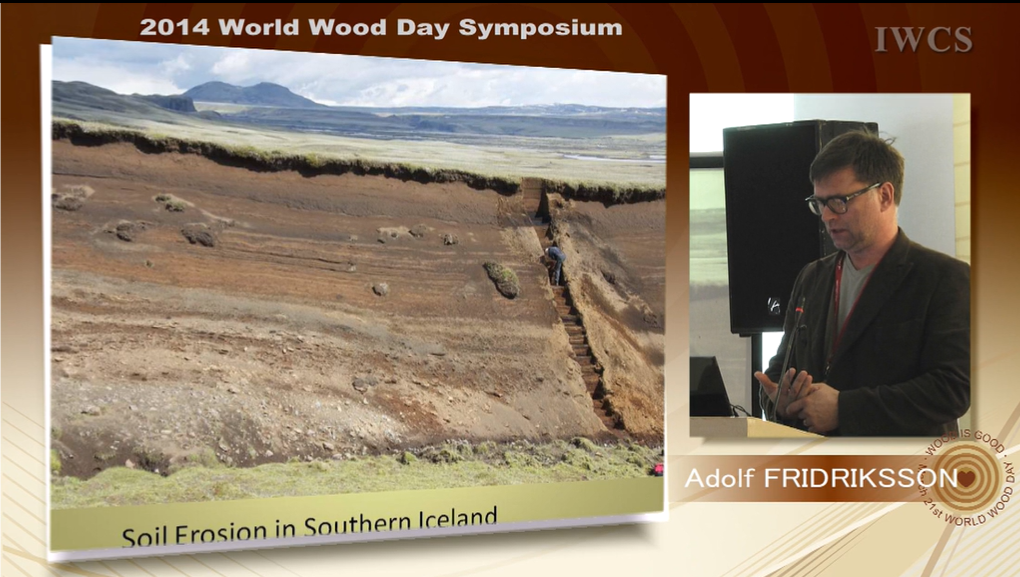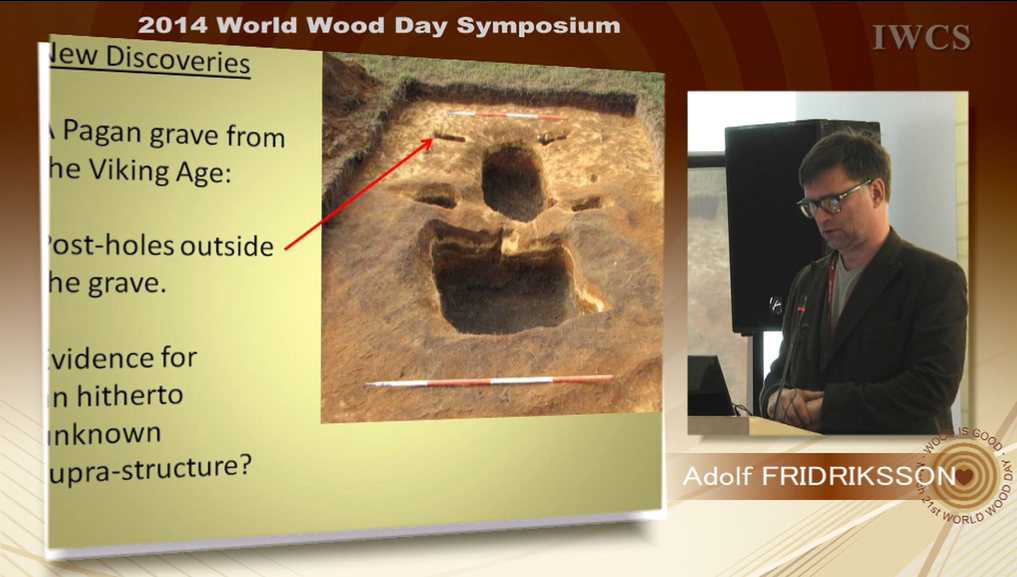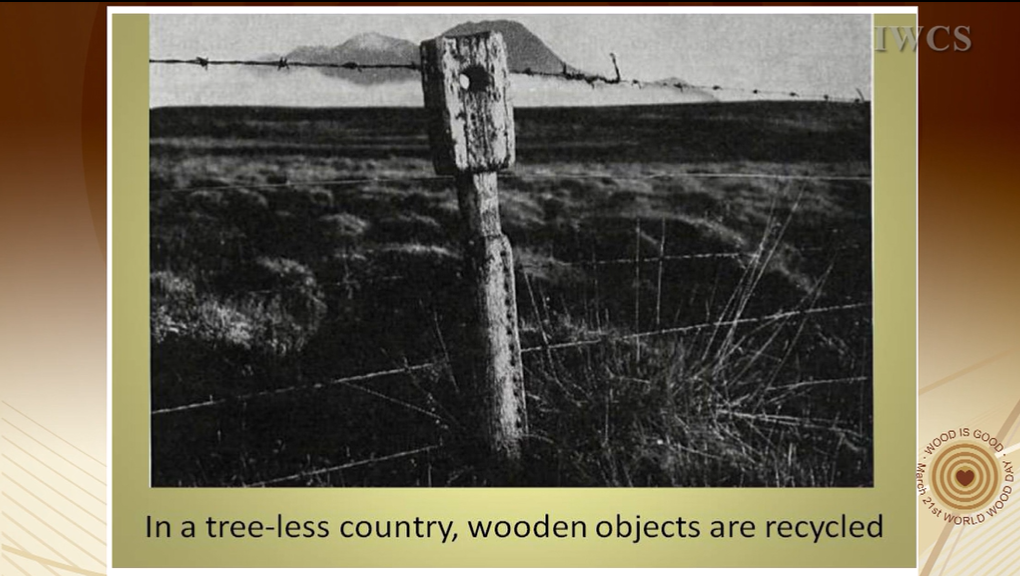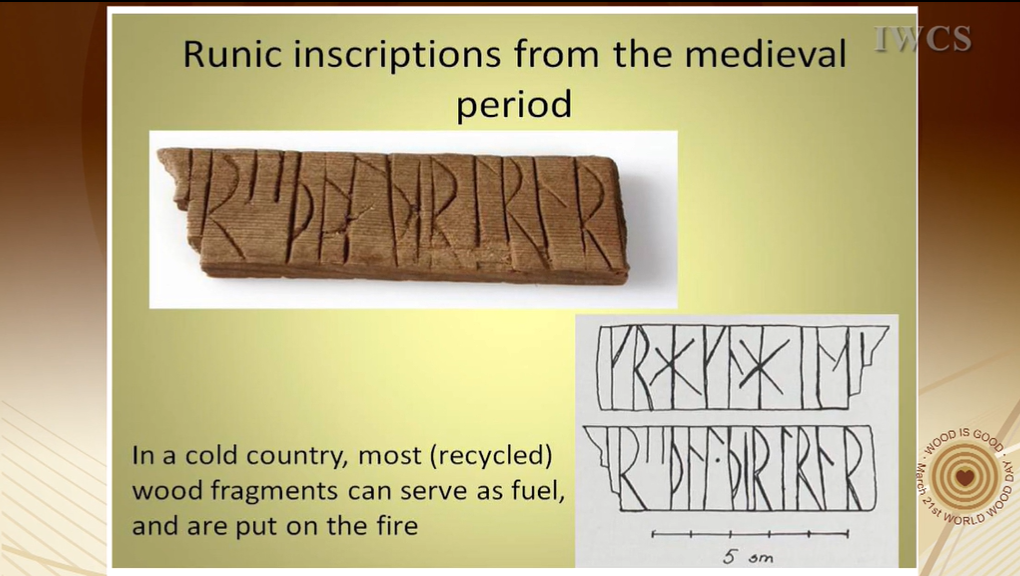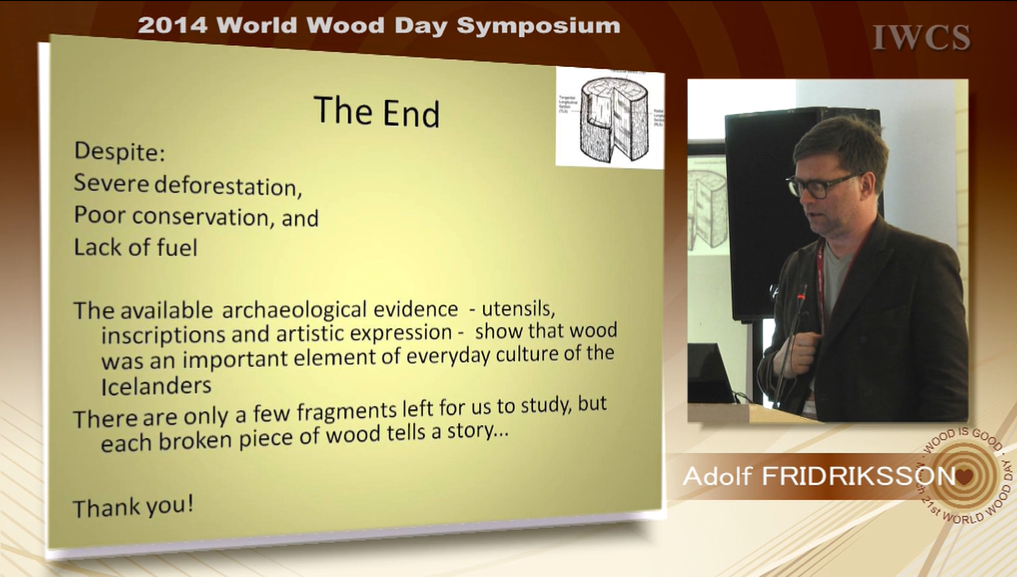会议时间:3月21-22日
会议地点:福建·仙游 中国古典工艺博览城
报告人: Adolf Fridriksson
Director of the Institute of Archaeology in Iceland
Abstract
In the paper, the archaeological evidence for the useof wood in Iceland will be discussed. Iceland is an unusual case in the historyof human interaction with nature. This large, volcanic island, separated fromEurope and America by the vast North-Atlantic Ocean on both sides, was one ofthe last big landmasses to be settled by people. The Vikings were the firstsettlers, arriving in Iceland during the 9th century. At that time,much of the island was covered by birch forests. Research has shown, that theforests declined rapidly soon after the arrival of the settlers, and wereoverexploited centuries later. Apart from birch, the other main source of woodwas driftwood, arriving on Icelandic shores from the forests of Siberia.
From the point of view of the archaeologist, most ofthe wood culture of the past is invisible. Through the centuries evidence forwood working has mostly vanished, either because, in an island of cold climate,any piece of wood would eventually be used for fuel, or that it would becomedisintegrated in the soil. The few preserved examples are like shadows of abygone cultural aspect, which nevertheless give us an insight into the use ofwood in Iceland. Ranging from utensils and furniture to great works of art, thesurviving material demonstrates well the importance of wood at every level inculture and society.
Speaker Biography
Dr. Adolf FRIDRIKSSON, Director of the Institute of Archaeology in Iceland
Education: B.A. (Hons.) in Archaeology, University College, London, UK.; Master of Philosophy in Archaeology, University College, London; PhD in Norse studies and Archaeology, Sorbonne, Paris. Research interests: History of Archaeology, Viking Archaeology, Landscape Archaeology.
责任编辑:iwcs25Z/H


 5,026
5,026